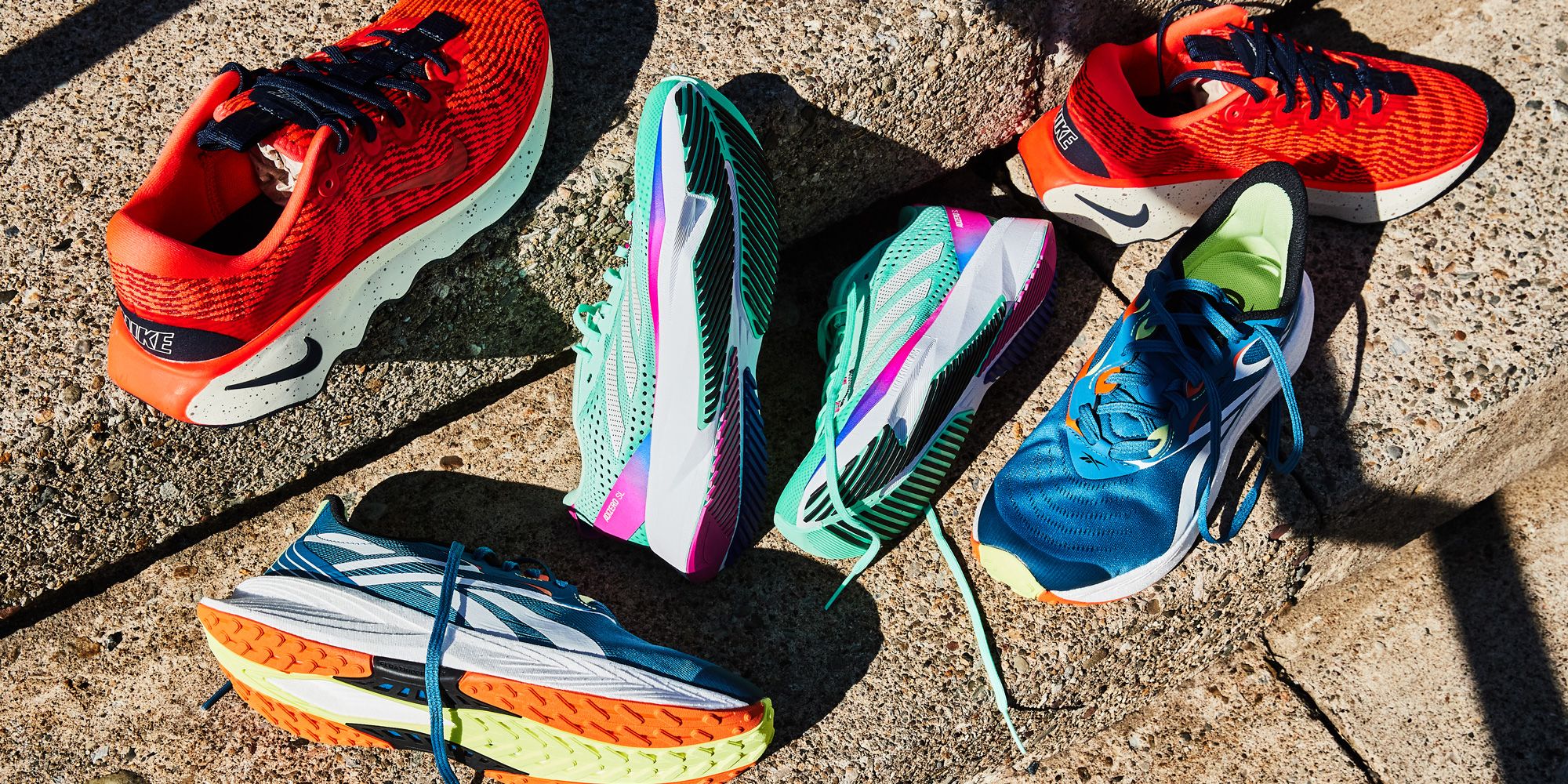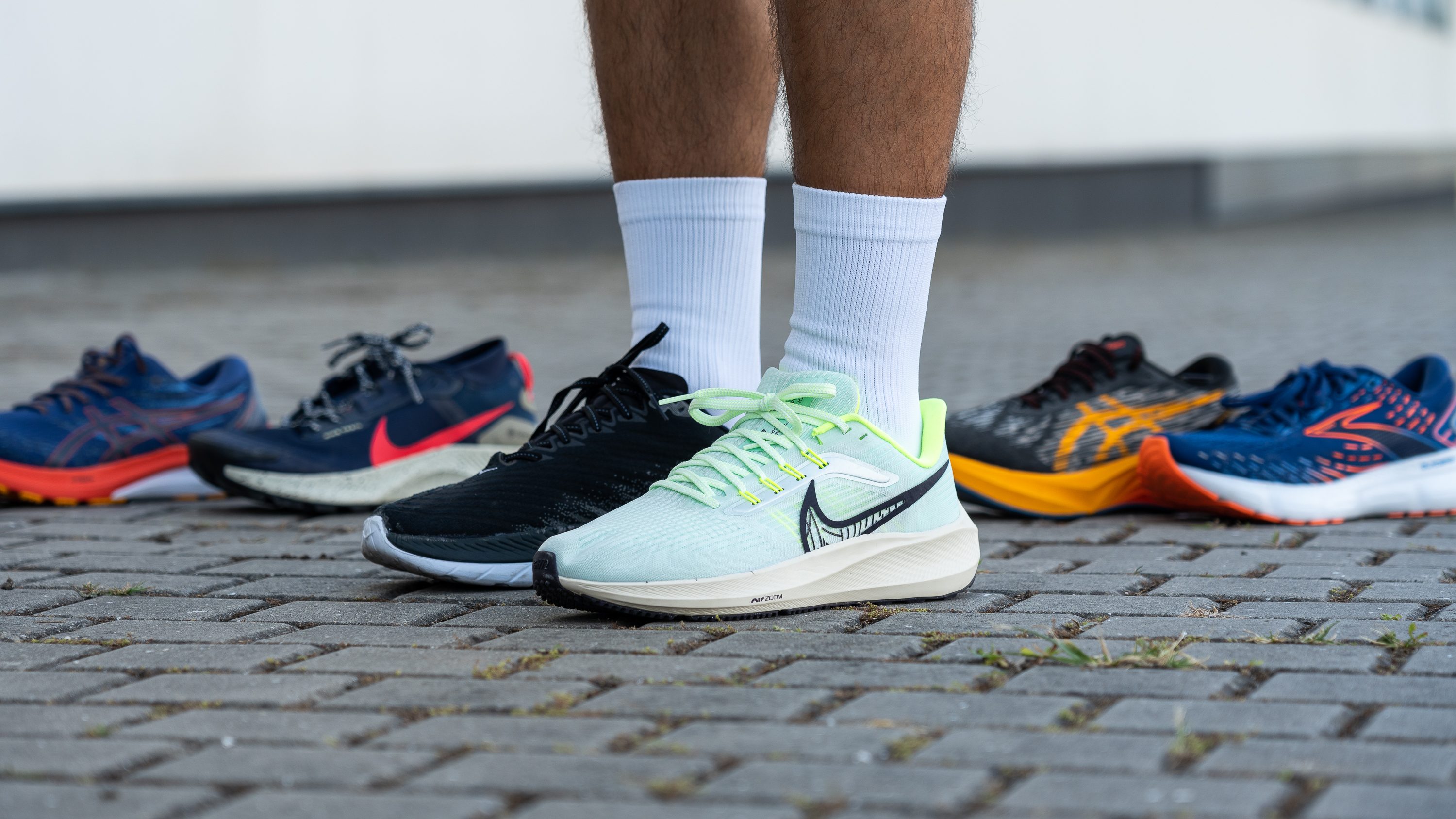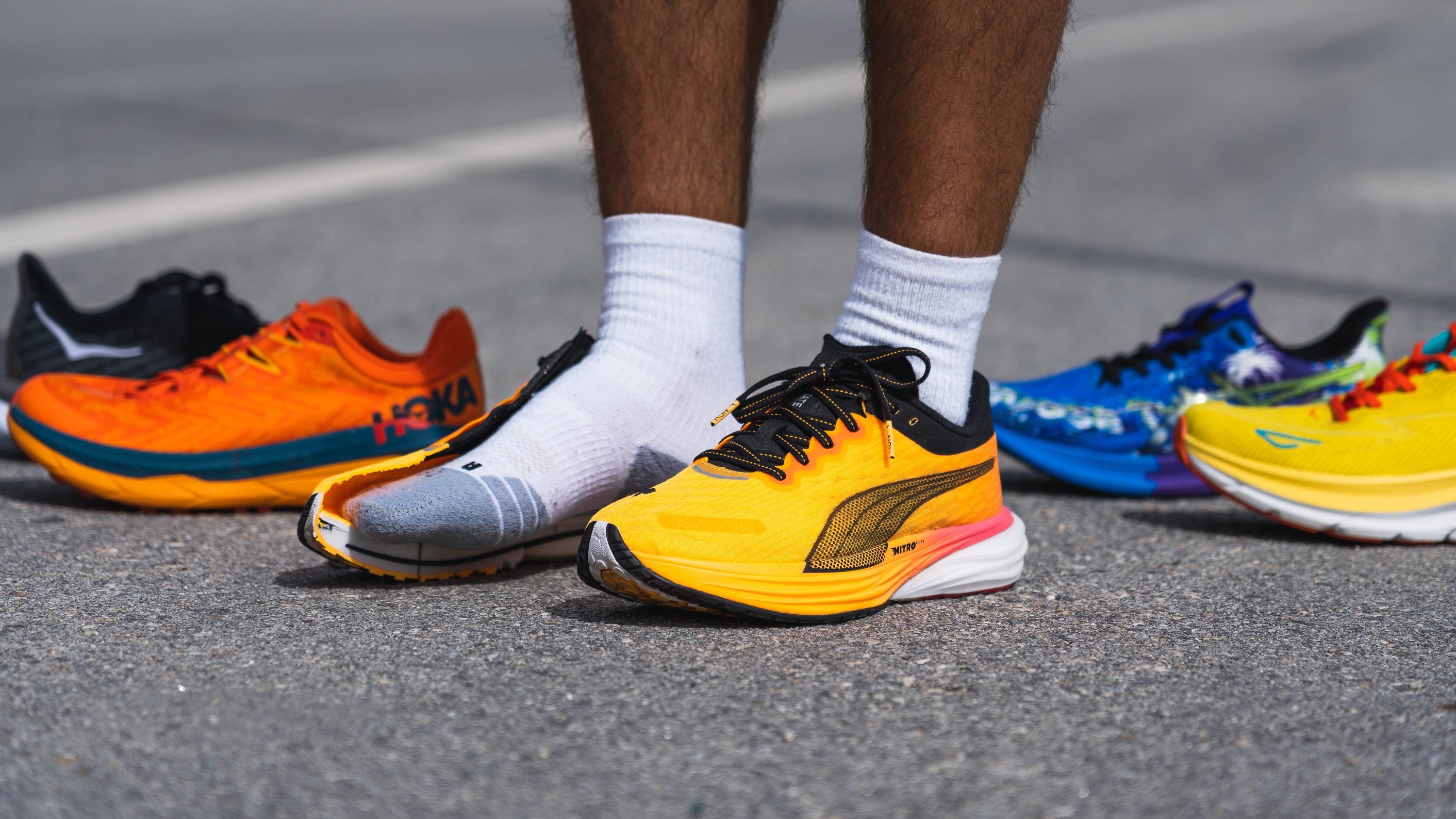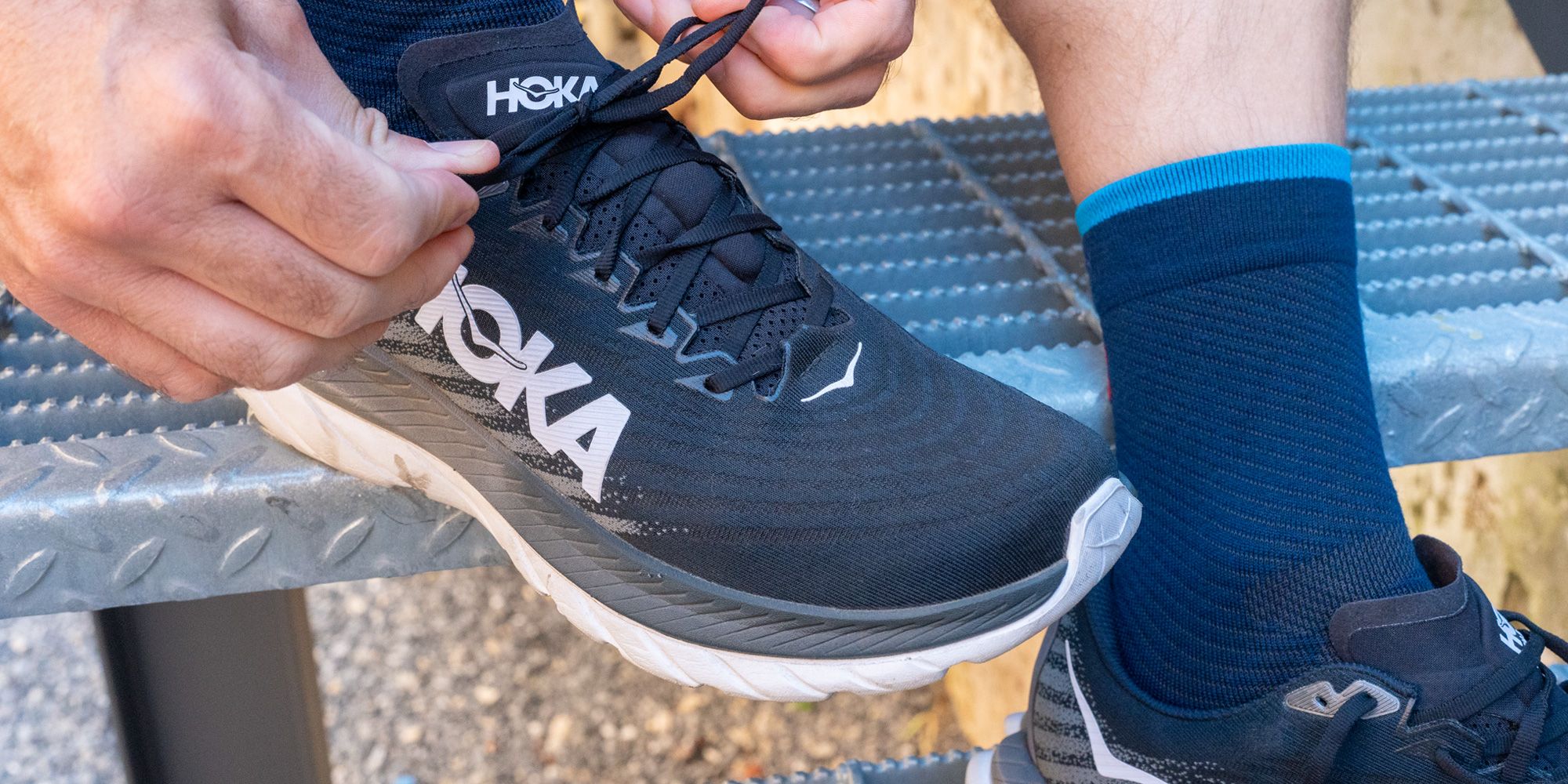Introduction: Why the Right Running Shoes Matter
Welcome to the exciting world of running! As a beginner, you may be eager to hit the pavement or the trails, but before you lace up, it’s essential to understand the significance of investing in the right running shoes. Choosing good running shoes can help prevent injuries, enhance your performance, and make your runs more enjoyable. With so many options available, it can be overwhelming. That’s why we’ve put together this comprehensive guide to help you find the ideal footwear to kickstart your running journey!
Understanding the Basics of Running Shoes
Why Are Running Shoes Different from Regular Sneakers?
At first glance, running shoes may seem similar to regular sneakers, but they are designed specifically for the biomechanics of running. The primary differences lie in the shoe’s cushioning, support, flexibility, and durability. Running shoes provide targeted cushioning to absorb impact, arch support to stabilize your foot, and lightweight materials to enhance speed and agility. This specialized design is fundamental to reducing the risk of injuries like shin splints and plantar fasciitis, which are common among beginners.
Key Features to Look for in Running Shoes
- Cushioning: Look for shoes that offer adequate cushioning suitable for your foot type and running style.
- Fit: A snug fit is crucial; you should have enough room in the toe box without your foot sliding around.
- Support: Different runners require varying levels of support depending on their foot arch and gait.
- Weight: Lightweight shoes can enhance performance, but they should still provide enough protection.
- Durability: High-quality materials will ensure your running shoes last longer.
How to Choose the Right Running Shoes for Beginners
Steps to Finding Your Perfect Fit
- Understand Your Foot Type: Determine whether you have flat, neutral, or high arches. This can be assessed through a simple wet foot test at home or by visiting a specialty running store.
- Consider Your Running Terrain: Will you be running on roads, trails, or a treadmill? Each surface requires different shoe features.
- Try Before You Buy: If possible, try on several different brands and models. A good running store will let you take a short run in them to gauge comfort and fit.
- Check Size and Space: Make sure there’s about a thumb’s width of space between your longest toe and the end of the shoe. Your heel should be snug without slipping.
- Consult Expert Reviews: Research what other beginners have experienced with various models to guide your decision.
Best Running Shoes for Beginners: Top Picks
Our Review Criteria
We analyzed dozens of models based on customer reviews, expert opinions, durability, comfort level, and price point. Here are our top recommendations for beginners seeking good running shoes.
1. ASICS Gel-Excite 8
The ASICS Gel-Excite 8 is known for its excellent cushioning and shock absorption. It features ASICS’ signature Gel technology, which provides great support for new runners. Its breathable mesh upper keeps your feet cool during those longer runs.
Pros:
- Excellent cushioning
- Lightweight and breathable
- Good arch support
Cons:
- Sizing may run small
- Limited color options
2. New Balance Fresh Foam 1080v11
Featuring Fresh Foam technology, the New Balance 1080v11 is designed for comfort and support. It’s perfect for beginners who want a plush, cushioned feel on their runs. The wider toe box allows for natural movement of the toes.
Pros:
- Superb cushioning
- Smooth ride
- Durable construction
Cons:
- Might be too soft for some
- Higher price point

3. Brooks Ghost 14
The Brooks Ghost 14 is often a favorite among beginners for its versatility and comfort. It provides sufficient support and cushioning without feeling heavy, making it ideal for different running distances.
Pros:
- Great for different foot shapes
- High responsiveness
- Durable outsole
Cons:
- Not ideal for heavy runners
- Can take time to break in
Comparison Table of Top Running Shoes
| Model | Cushioning | Weight | Price | Best For |
|---|---|---|---|---|
| ASICS Gel-Excite 8 | High | 9.3 oz | $80 | Road Running |
| New Balance Fresh Foam 1080v11 | Very High | 10.3 oz | $160 | Cushioned Runs |
| Brooks Ghost 14 | Medium | 10.1 oz | $140 | All-Purpose Running |

What Real Runners are Saying: Case Studies and User Experiences
Case Study 1: Sarah’s Journey to Running
Sarah, a 29-year-old marketing professional, decided to start running to enhance her fitness. She went to a local running store where staff helped her understand her foot type. After trying several pairs, she settled on the Brooks Ghost 14. Sarah appreciated the cushioning and support, stating, “I felt confident as I ran, without the fear of injury.” After using them for three months, she completed her first 5K and couldn’t be happier with her choice!
Case Study 2: Tom’s Transition to Running
Tom, a 35-year-old gym-goer, wanted to diversify his workouts by taking up running. He faced issues with hip pain when he first started but found relief after switching to the ASICS Gel-Excite 8. The Gel technology significantly reduced impact on his joints. Tom shared, “I noticed a massive difference in how I felt during and after my runs.” His experience highlights how the right shoe can transform your running experience.

Tips for Maintaining Your Running Shoes
How to Extend the Life of Your Shoes
Once you invest in a good pair of running shoes, it’s essential to take care of them to ensure they last as long as possible. Here are some tips:
- Rotate Your Shoes: If you run frequently, having two pairs to alternate can help extend their lifespan.
- Avoid Running on Excessively Wet or Muddy Terrain: This can damage the shoe’s materials and cushion.
- Clean Them Regularly: Dirt can wear down the materials faster. Cleaning your shoes with a damp cloth or sponge can keep them in good condition.
- Store Them Properly: Keep them in a cool, dry place to prevent them from deteriorating.
- Be Mindful of Mileage: A good rule of thumb is to replace your shoes every 300-500 miles.
FAQs: Your Questions Answered
1. How do I know if I need motion control shoes?
If you overpronate (your foot rolls inward excessively), then motion control shoes can help stabilize your foot. Most stores offer gait analysis to determine the best fit for you.

2. Are expensive running shoes worth it for beginners?
While pricier shoes often include advanced technology and materials, quality and comfort should be your priority. You can find great options at a mid-range price point.
3. Should I size up for running shoes?
It’s advisable to go half a size up from your usual shoe size to accommodate foot swelling during a run.

4. Can I use running shoes for other sports?
While running shoes can work for some low-impact activities, they may not provide adequate support for sports that require lateral movement, like basketball.
5. How do I break in my new running shoes?
Start by wearing them for short runs or walks and gradually increase the distance. This helps the shoe and your foot adapt to each other.

6. What is the best time of day to buy running shoes?
Afternoon is ideal, as your feet swell throughout the day. This way, you’ll get a more accurate fit.
7. How can I determine my foot type?
As mentioned earlier, a wet foot test or visiting a specialized store can help assess whether you have flat, neutral, or high arches.

8. Can I wash my running shoes in the washing machine?
It’s best to avoid the washing machine, as it can damage the materials. Instead, clean them manually with a damp cloth and mild soap.
9. How long should a good pair of running shoes last?
Most running shoes last between 300 and 500 miles. Keep track of your mileage to determine when to replace them.
10. Are there specific shoes for trail running?
Yes! Trail running shoes typically have more aggressive tread patterns, offering better grip and stability on uneven surfaces.